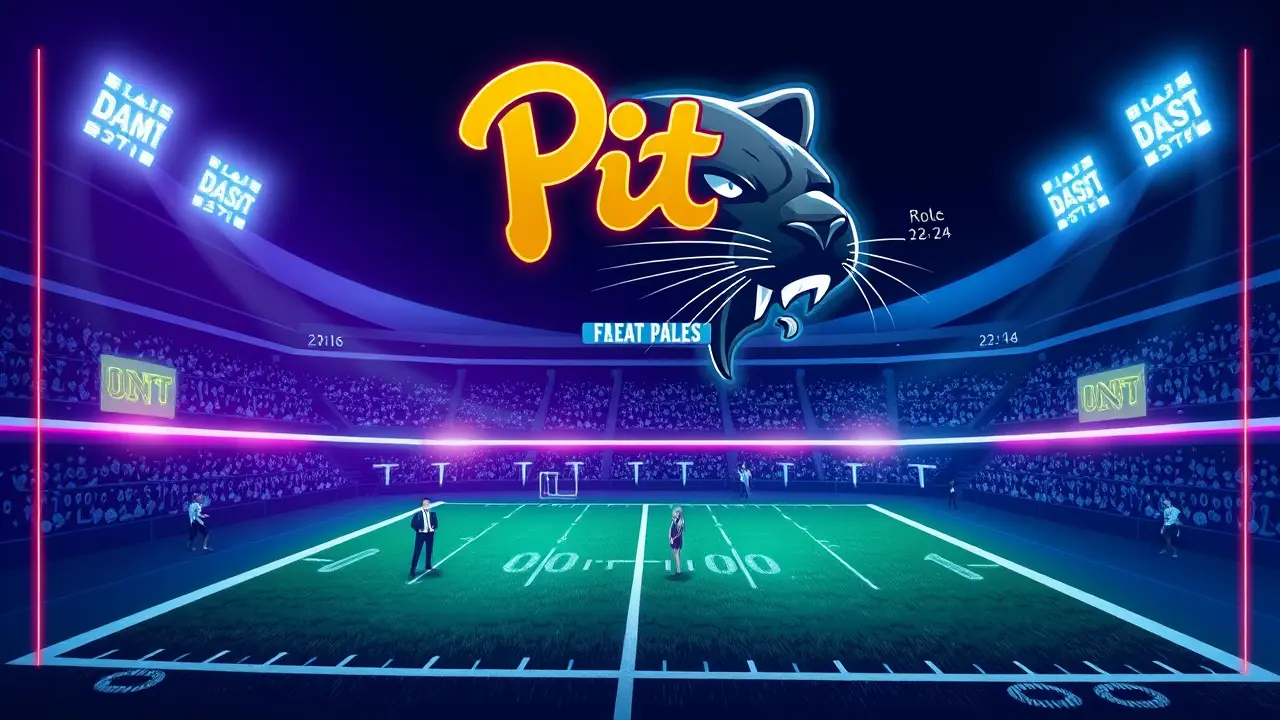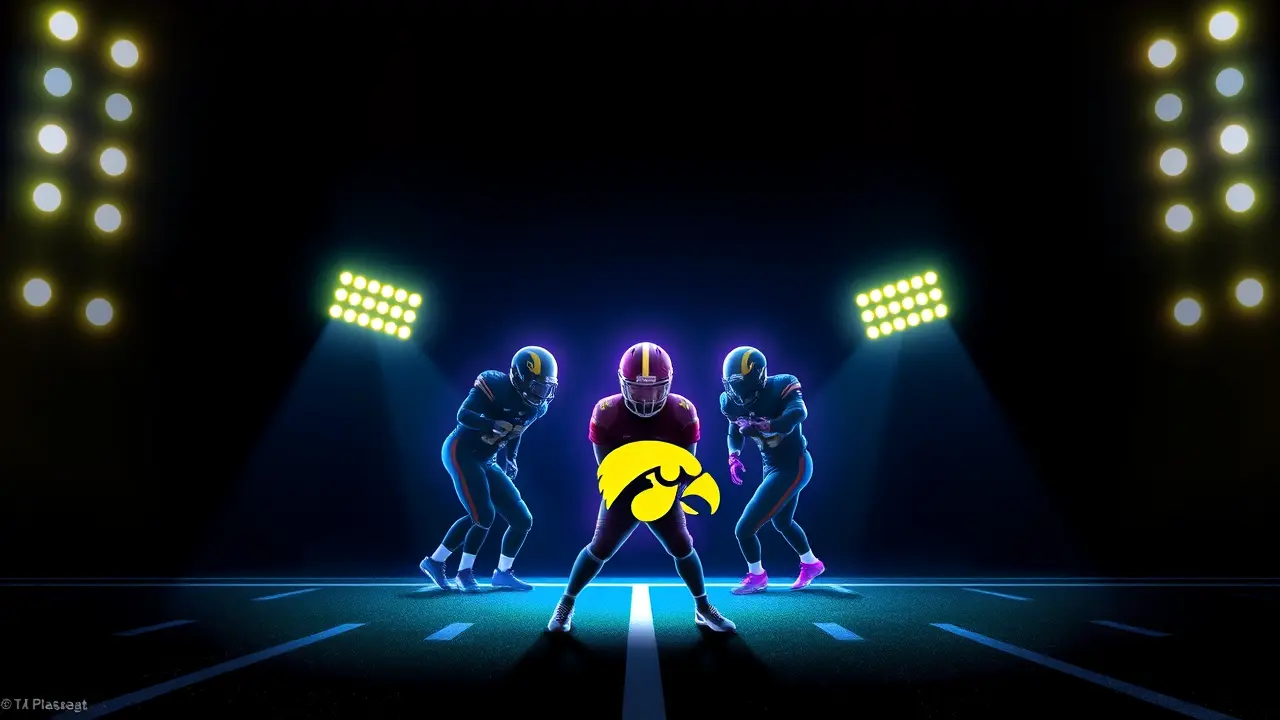
SportfootballInjuries and Suspensions
Why Seattle Seahawks vs. Los Angeles Rams wasn’t ‘flexed’ to prime time
JA
Jack Turner
7 hours ago7 min read3 comments
On the surface, the Week 11 showdown between the 7-2 Seattle Seahawks and the 7-2 Los Angeles Rams is the NFL's marquee matchup, a brutal contest for NFC West supremacy with conference-leading implications, yet it remains curiously confined to the 1:05 pm PT slot on FOX, a scheduling anomaly that feels as baffling as a prevent defense with a two-minute warning looming. This isn't some obscure tilt between anonymous franchises; this is a storied rivalry featuring two legitimate contenders, yet it won't even command the network's A-team of Kevin Burkhardt and Tom Brady, who are instead dispatched to the 10 am PT game between the Chicago Bears and Minnesota Vikings.The core of this scheduling conundrum lies in the NFL's rigid, byzantine flex-window rules, a system designed for maximum broadcast revenue optimization but one that occasionally backfires spectacularly. NBC's coveted Sunday Night Football flex window opened back in Week 5, but the options for Monday Night Football are locked until Week 12, and Thursday Night Football on Prime Video is off the table until Week 13, requiring a 21-day notice for any switches.This regulatory straitjacket is precisely why a less compelling Monday Night Football matchup like the Dallas Cowboys versus the Las Vegas Raiders remains immovably in its prime-time slot, a testament to the league's contractual inflexibility. Furthermore, the Detroit Lions versus Philadelphia Eagles game currently occupying the Sunday Night Football spotlight is itself a colossal NFC clash between division leaders, making it utterly un-flexable, a rock-solid booking that no scheduler in their right mind would disrupt.Compounding the issue is a relatively recent but critical NFL policy shift designed to protect its broadcast partners: divisional matchups cannot be double-dipped into prime time. Given that the Rams and Seahawks are already slated for a Thursday Night Football grudge match in Week 16, the league's rules explicitly prevent the corresponding fixture from also being elevated to SNF, MNF, or TNF, a move intended to prevent CBS and FOX from being completely stripped of their typical headline divisional games.One might wonder why the game couldn't at least be shifted to the prestigious late-afternoon CBS doubleheader slot, but even that provides little solace; the lead game there features the Kansas City Chiefs and Denver Broncos, meaning the Seahawks-Rams clash would still be relegated to second billing on a different network. Ultimately, this situation is a product of pure happenstance and a preseason miscalculation; the fact that this game was initially scheduled as a late singleheader FOX kickoff reveals that the league's architects likely underestimated the Seahawks' resilience and the game's ultimate magnitude, a forecasting error that analytics couldn't quite capture. So, while the stakes couldn't be higher on the field, the broadcast reality is set in stone, a reminder that in the modern NFL, the battle for airtime can be as complex and unforgiving as the battle for first place.
#Seattle Seahawks
#Los Angeles Rams
#NFL scheduling
#flex rules
#NFC West
#featured
Stay Informed. Act Smarter.
Get weekly highlights, major headlines, and expert insights — then put your knowledge to work in our live prediction markets.
Related News
© 2025 Outpoll Service LTD. All rights reserved.














